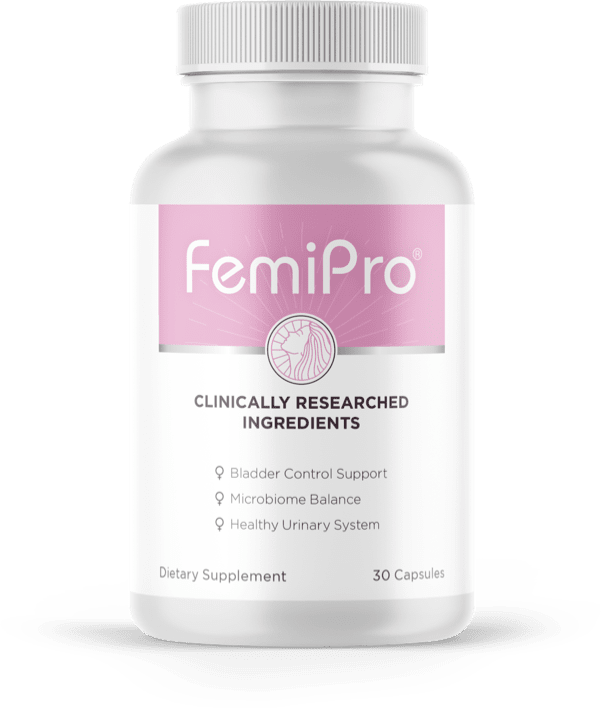FemiPro: A Personal Experience
Introduction
As a woman in my late 30s, I've experienced the subtle changes that come with age, including shifts in my urinary health. When I first encountered FemiPro, a natural supplement designed to support bladder control and overall urinary health, I was intrigued. Having personally used the product, I'm eager to share my experience and insights.
Understanding the Product
FemiPro is a unique blend of natural ingredients, including probiotics, cranberry extract, and other botanicals. It's marketed as a solution for women who experience occasional leaks, urgency, or frequency. The core idea is to restore the balance of bacteria in the urinary tract, thereby reducing discomfort and improving bladder control.
My Personal Experience
I started using FemiPro after consulting my doctor. I was experiencing occasional leaks, particularly during exercise or when I laughed. While it wasn't debilitating, it was certainly inconvenient and affected my confidence.
After a few weeks of consistent use, I noticed a significant improvement. The frequency of leaks decreased, and my overall bladder control felt more stable. I was pleasantly surprised by the positive impact on my daily life.
Key Benefits
* Improved Bladder Control: FemiPro's unique formula helps strengthen the pelvic floor muscles, leading to better bladder control and reduced leaks.
* Reduced Urinary Tract Infections (UTIs): The presence of probiotics in the supplement can help prevent UTIs by maintaining a healthy balance of bacteria in the urinary tract.
* Enhanced Confidence: By addressing bladder control issues, FemiPro can boost self-confidence and improve overall quality of life.
* Natural Ingredients: The supplement is formulated with natural ingredients, making it a safe and gentle option for most women.
Considerations and Cautions
While FemiPro has been generally well-received, it's essential to consider a few points:
* Individual Results May Vary: The effectiveness of the supplement can vary from person to person. It's important to be patient and consistent with usage.
* Consult Your Doctor: Before starting any new supplement, it's advisable to consult with your healthcare provider, especially if you have underlying health conditions or are taking medications.
* Not a Quick Fix: FemiPro works gradually, and it may take several weeks to notice significant improvement.
Conclusion
In conclusion, FemiPro has been a valuable addition to my wellness routine. It has helped me regain control of my bladder and live a more confident life. If you're experiencing similar issues, I encourage you to consider giving it a try. However, always consult with a healthcare professional for personalized advice.



